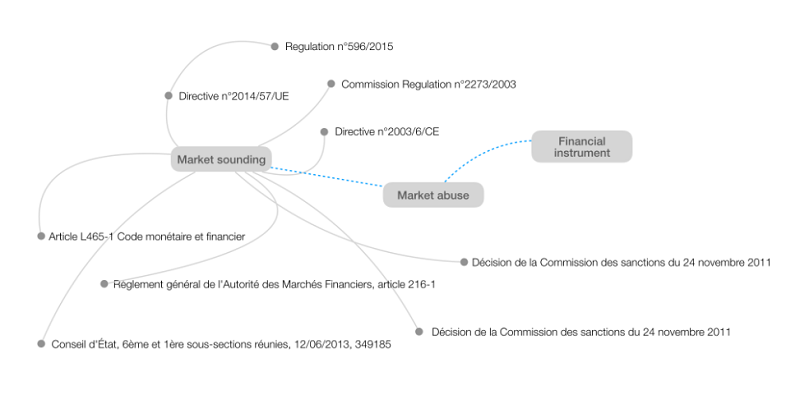By Christian Le Hir, Chief Legal Officer at Natixis

As the Legal Data Mining Conference is currently taking place in Paris, the moment is more than ever opportune to highlight the digital transformation within the legal sector – one of the greatest challenges shared by many companies. It is widely recognized that legaltechs and regtechs are now perceived as key tools to better address the ever-growing and complex regulations and compliance stakes. Potential sanctions associated with violations have become strategic issues that can be solved thanks to technologies.
Indeed, artificial intelligence best use cases have been raised in many fields and legaltechs and regtechs are not the least – aka technologies at the service of regulation to facilitate information consultation and decision-making. Be it data mining, machine learning or data visualization, these techniques are perceived as useful support to lawyers in their time-consuming or low value-added tasks to be performed instead of them.
These solutions already exist – including RegMind platform that I personally developed with Natixis providing these services to banks and law firms in the banking and financial regulation area. The main idea is always to better optimize data and texts analysis.
Streamlined by AI technology, this platform aims to provide users with regular updated legal data while enabling them to add their own documents for further customization.
Law modeling is also an important tool to support decision-making with graphical representations of legal documents and concepts among the millions of data from the platform.

Example of legal data visualization with LegiGraph® algorithm on Regmind platform
While these services are valuable tools, legaltechs and regtechs have a direct impact on law’s business model. The simple proofreading of documents leads to long and costly processes when artificial intelligence allows faster and more reliable support. The question of trust is therefore at the heart of our legal profession renewal: technology must become a collaborative tool that brings added value to its users in identifying key risks and opportunities.
In a close future, one might witness advisor robots’ creation that could be able to launch pre-established scenarios to help companies in achieving predictive justice and optimized decision-making strategies. By then, there will undoubtedly be a lot upcoming progress notably in France with multiple existing legaltechs and regtechs – to be extended to all areas of law and regulation.






